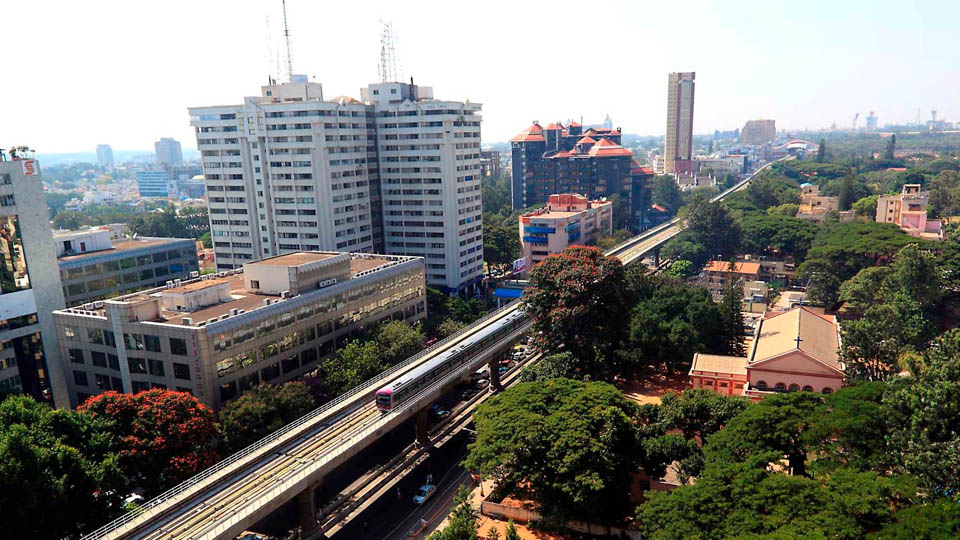Historians have traced the approximate dateline for the birth of a few cities around the world, including some in the country. The birth of Bengaluru, having been rechristened recently from its globally recognised name of Bangalore and attributed to Magadi ruler Kempegowda, enjoying a five-plus-century vintage is being bandied about by speakers on specific occasions, in an attempt to earn a veiled pride. Not much attention has been bestowed by those speakers to Mysore as a city, also rechristened as Mysuru, except dubbing its past residents as people with a laid-back attitude in daily life. Now, turning to the case of India’s villages, no historian seems to have recorded the dateline for the birth of any village across the country, the number of villages being counted at about 6 lakh. Villages getting deserted nowadays, as reported occasionally, is sure to result in the birth of more cities, not to forget more residents in the existing ones.
The actual death of villages is a non-issue both in public circles and in the government. The pace of cities getting cluttered, creating the all-too-familiar chaotic scene, not likely to abate even in dreams, can witness the virtual death of the cities in foreseeable future. Bengalureans are already talking about such an eventuality for their beloved metropolis.
The longing for moving out of urban space to a rural setting by those unable to keep pace with the fast-changing lifestyle in their respective cities finds them in a neither-here-nor-there mental state. They are also lost in thoughts of what future holds for their offsprings on different counts, including health, livelihood, social scene, pressure on essentials of daily life, cost of living, suffocating atmosphere caused by polluted air, relationships, criminal acts, safety of women and children, to name the obvious shape of things to come. Who is to be held responsible for this human debacle – individuals, collective citizens, administration? Whoever it may be, every urban resident takes the hit.
A study carried out by research in Germany and the US, published recently in the proceedings of the National Academy of Sciences, has led to the inference that rural environments during the years of growing children is beneficial in terms of reducing risk of set back in health in later life and also increasing stress-resilient immune systems, essential for healthy living. The urbanites everywhere are the losers in the bargain.








Recent Comments